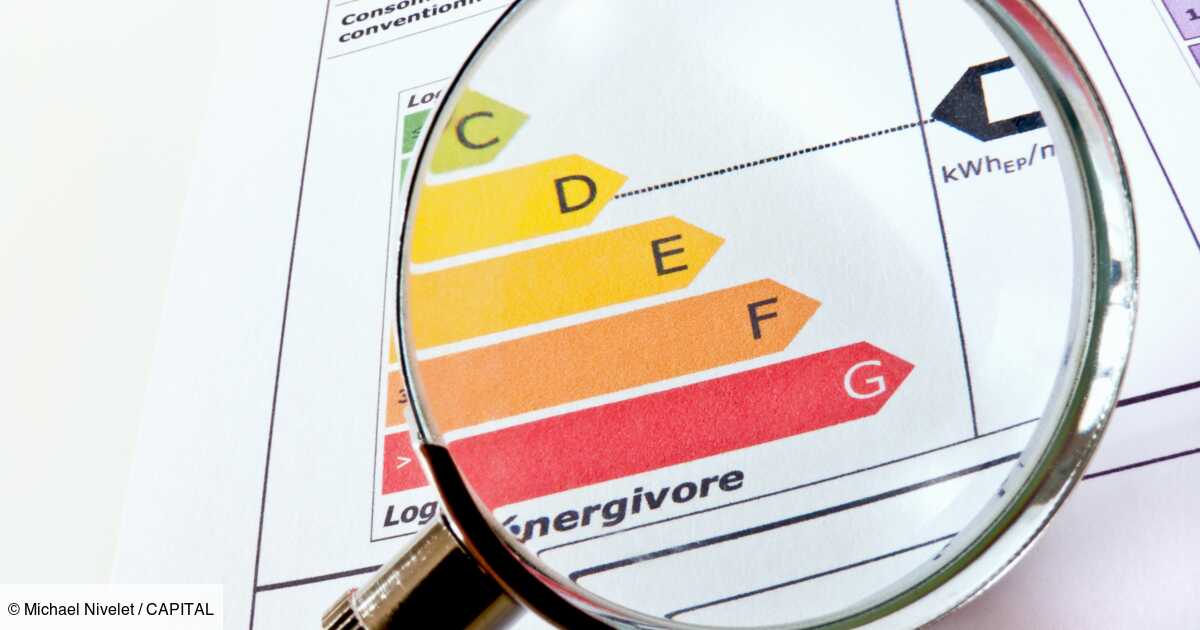Just before dying, the brain which seemed to be permanently shut down seems to “wake up”. We speak of “terminal lucidity”. This increase can be seen in cancer patients or patients suffering from severe cognitive decline. “Terminal lucidity or “the best before the end” brings together the signs of improvement, in the context of an imminent end of life” explains Dr Elise Perceau-Chambard, head of department at the Palliative Care Unit at Lyon Hospital.
“It is almost a recovery of the patient’s functions, very transient and ephemeral, with surprising signs occurring in a context of a negative evolution of the state of health. One day, we know neither why nor how, the patient becomes better. He becomes more alert, he begins to communicate, to speak… A patient who is very painful, difficult to relieve, suddenly feels better He leaves his room or enjoys a friendly moment with his loved ones. that was impossible”describes the doctor.
Terminal lucidity is only described factually and all the mechanisms are not yet understood. At present, it is still an interpretive vagueness. “A 2008 study describes a resurgence in consciousness in people suffering from dementia at a very advanced stage. In total, 83 cases have been described in 250 years. The studies are difficult to carry out, the patients are vulnerable, fragile, with a poor state of health. We encounter ethical obstacles. Terminal lucidity is a source of questions, almost of optimism.adds the doctor. It can have various shapes “and very brief” : “We have difficulty demonstrating the mechanisms involved.”
It is a disturbing moment for witnesses, whether they are relatives or caregivers, but sometimes unifying for the family. “The “best before the end” can potentially help to experience more peaceful mourning. It helps to keep an intact or restored memory of the person at the end of life.” This moment reassures and gives meaning to the support of the last days and hours. “Terminal lucidity is very heterogeneous in its descriptions. It can occur between a few hours and a few days before death. And even if we do not yet understand all the mechanisms, we also accept that we do not master everything or understand everything at the end of life”concludes Dr. Elise Perceau-Chambard.
Thanks to Dr. Elise Perceau-Chambard, head of department at the Palliative Care Unit at Lyon Hospital.







